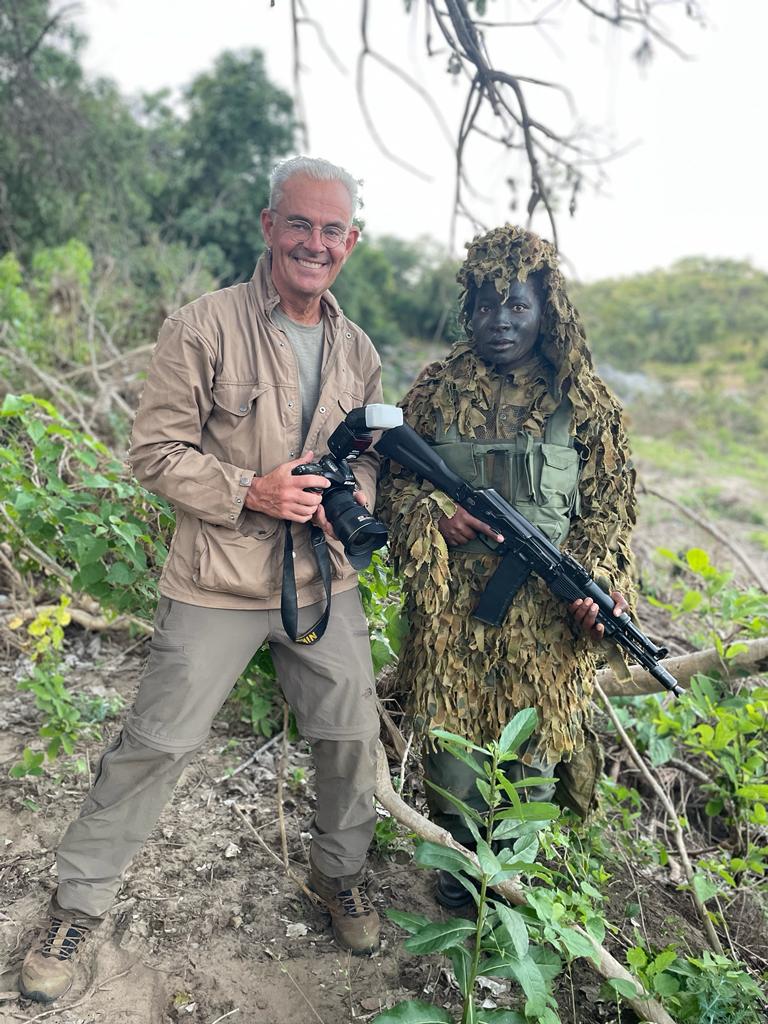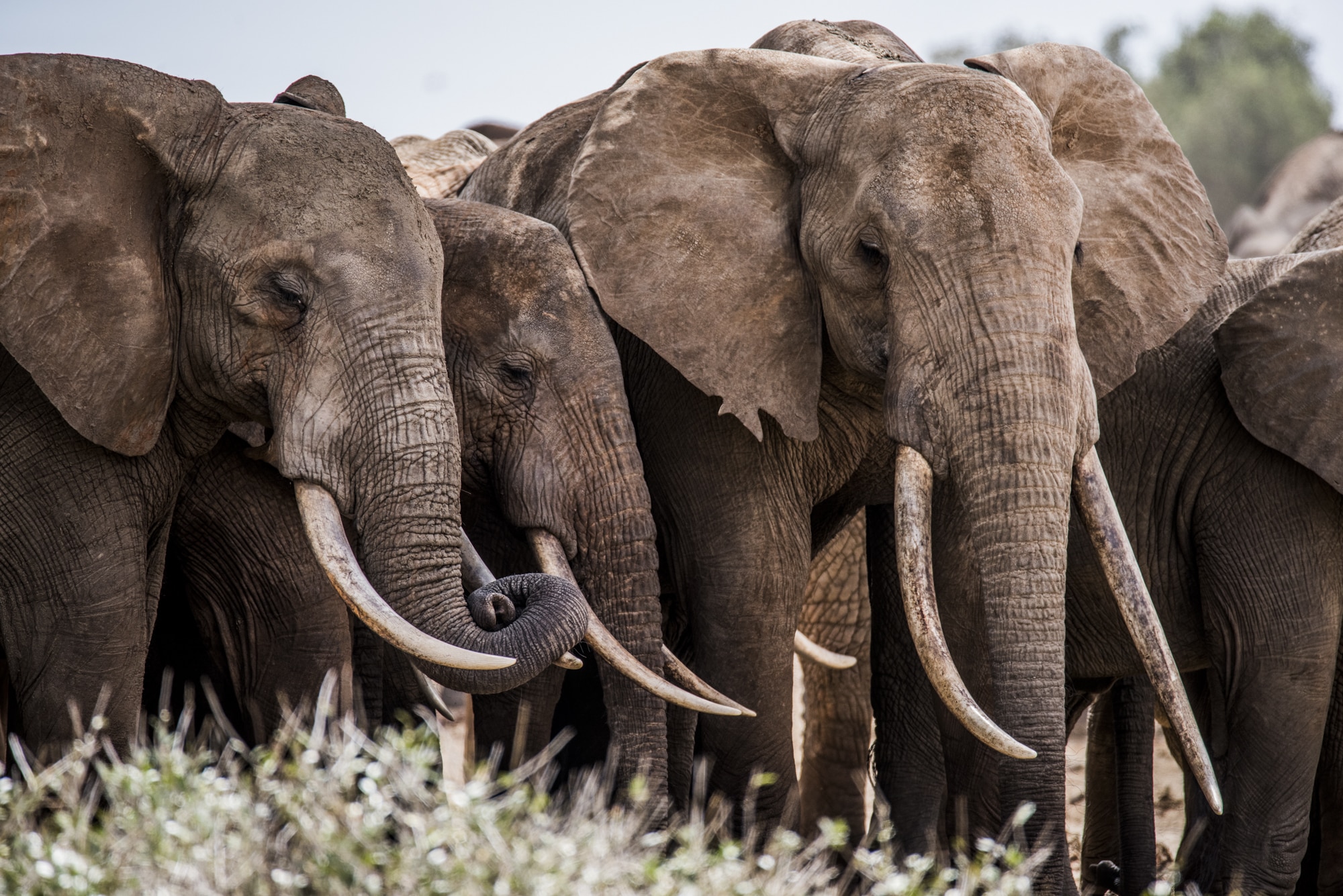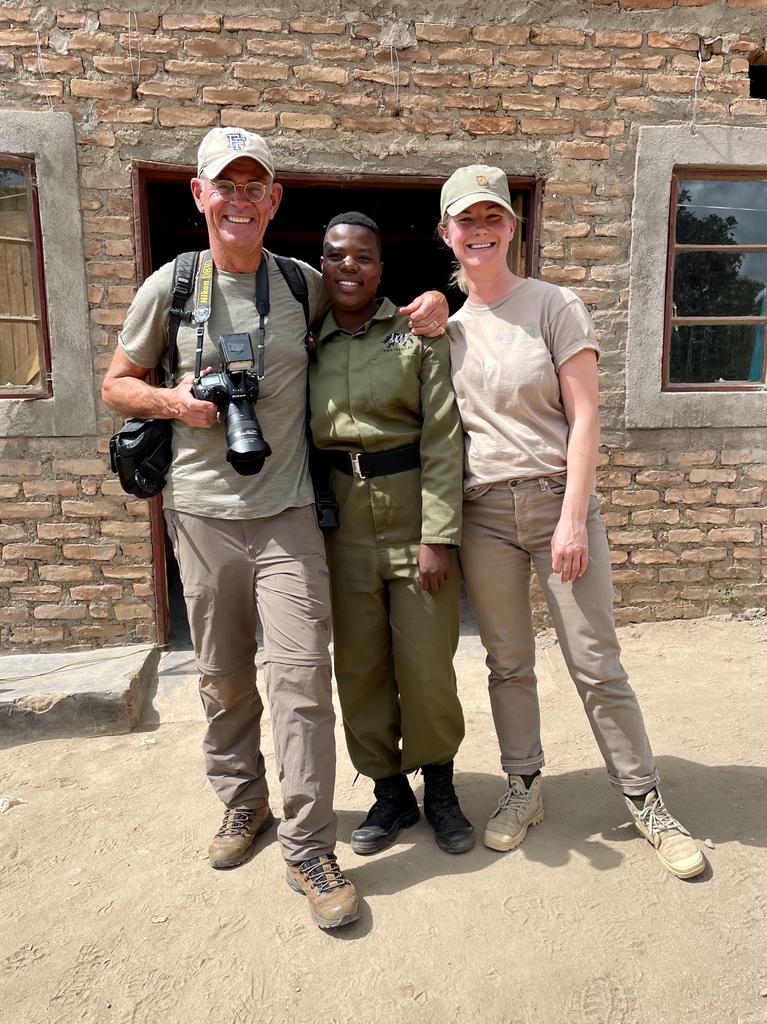Name: Frank af Petersens
Occupation: Art- and documentary photographer
Favourite animal: The African savanna elephant
What inspires you to work with conservation organisations?
I work as a pro bono photographer for a few organisations that seek to end poaching of elephants and rhinos in Africa and in the Nordic region, I work very closely with Wildhood Foundation. I want to contribute in any way I can to help safeguard both wild animals and nature in threatened areas of the world, and Wildhood’s focus on a few carefully selected, important and really successful projects in southern Africa is a perfect fit. I intend to support Wildhood Foundation for as long as I can add some value.
How would you describe your relationship to Africa?
I spent an important part of my childhood in eastern Africa, and we were constantly out on camping trips in the bush. I loved it, and probably learned a few things that expanded my horizons. It felt natural to focus my work as a professional photographer on Africa, and when the poaching crisis escalated with organised killing of elephants and rhinos on an industrial scale, this became my most important photo project.
How did you become a partner to Wildhood Foundation?
During a number of years I worked with organisations based in the US and the UK. A close friend suggested I should consider supporting Wildhood Foundation, which was doing a fantastic job of fundraising in Sweden for important conservation projects in Africa. I met with Wildhood’s founder Filippa and we rapidly found we shared the same view of the real problems with organised poaching in Africa, as well as ideas on how to end the killing and protect whole ecosystems for future generations.

Which is your strongest memory from the travel with Wildhood earlier this year?
The women in the all-female Akashinga ranger team! This project is a real success and expanding rapidly. I think it’s going to revolutionise the way we work to stop poaching and to secure a future for the vitally important ecosystems in southern Africa. The professionalism in the complex and dangerous work they do was impressive. In addition, the whole concept of employing underprivileged women from local villages, providing them with training and a salary to safeguard the local environment has so many positive side effects. I truly believe in this project, it’s really the best I have seen during my many assignments out in the bush with rangers.
Why is conservation important to you?
Watching an individual wild animal can be fascinating, but the really important perspective is to understand their role in a functioning ecosystem. Elephants, for example, play a vital role when they wander freely over large areas, spreading seeds from plants they eat, breaking up dense bush and digging waterholes in the dry season. The same analysis can be done for all species of both animals and plants. They all contribute in their own small ways to a healthy ecosystem. If a single species disappears, the entire ecosystem is affected negatively. I also have to admit that I’m a hopeless Africa nerd, totally happy just sitting out in the bush, watching animals do their thing. I can’t stand the thought of a future Africa without elephants, lions, rhinos, or any of the other species that make this huge continent so special.

Which is the coolest moment you have experienced out in the wild?
Do I have to choose? There are so many that it’s hard to pick one, but real close encounters with elephants are probably at the top of the list. Having a huge elephant standing still right next to my jeep, calmly studying me as he or she tears off some more branches to chew, is when time stops and everything else fades away. It’s an enormous temptation to just stretch out my arm to stroke its flank or touch its ear, but there’s an invisible wall between us that I must never break. I don’t think we’ll ever fully understand each other, but we can learn mutual respect and acceptance.

If you had a superpower, what would it be?
I would love to be able to, in an instant, change the attitudes and behaviour of the people who buy ivory and rhino horn, so that they have an immediate change of heart and just stop. The same applies to the middlemen who organize, finance and handle the illegal trade in animal products, as well as the poachers out in the bush who do the actual killing. With the threat of poaching and the illegal trade out of the way, we could concentrate resources on the complex long-term issue of preserving space for wild animals and nature as Africa’s population continues to grow and develop.

